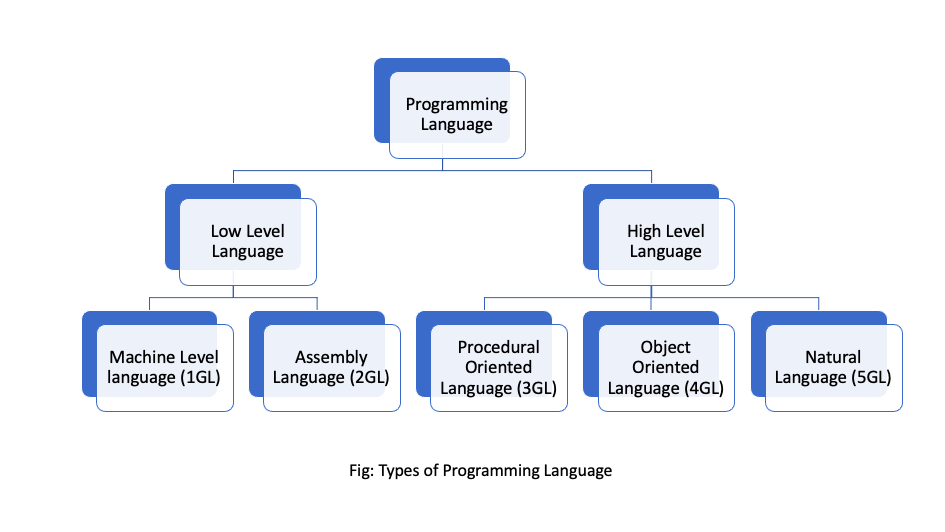5 Major Types of Programming Languages
Programming languages can be grouped into five main categories, though some languages fit into more than one:
-
Procedural Programming Languages
These languages follow a sequence of instructions or procedures to perform tasks. Programs are structured as sets of procedures. Examples include: C, C++, Java, Pascal, BASIC. -
Functional Programming Languages
Functional languages emphasize mathematical functions and their evaluations. Each function is a reusable block of code that returns a result based on input data. Popular examples are: Scala, Erlang, Haskell, Elixir, F#. -
Object-Oriented Programming Languages
These treat programs as collections of "objects" containing data (attributes) and behaviors (methods). Objects can be reused, making it ideal for complex, scalable software. Common languages include: Java, Python, PHP, C++, Ruby. -
Scripting Languages
Used to automate repetitive tasks, manage web content, or support larger applications. Widely-used scripting languages are: PHP, Ruby, Python, Bash, Perl, Node.js. -
Logic Programming Languages
Instead of specifying steps, logic languages define facts and rules to guide decision-making. Examples include: Prolog, Absys, Datalog, Alma-0.
Other Ways to Classify Programming Languages
Front-end vs. Back-end Languages
Front-end languages handle everything the user interacts with visually, such as text, colors, and buttons. Examples include: HTML, CSS, JavaScript, React.
Back-end languages manage server-side tasks like data storage and application logic. Examples include: JavaScript, PHP, Java, Python, Ruby, C#.
High-level vs. Low-level Languages
Low-level languages communicate closely with the machine’s hardware, offering efficiency but harder readability. These include machine code and assembly languages.
High-level languages prioritize human readability and ease of use, trading some efficiency. Most modern languages fall into this category.
Interpreted vs. Compiled Languages
Interpreted languages run code line-by-line via an interpreter, offering flexibility and platform independence. Examples include: Python, JavaScript, PHP, Ruby.
Compiled languages convert the whole program into machine code beforehand, resulting in faster execution but requiring recompilation after changes. Examples include: C, C++, C#, Rust, Erlang.
